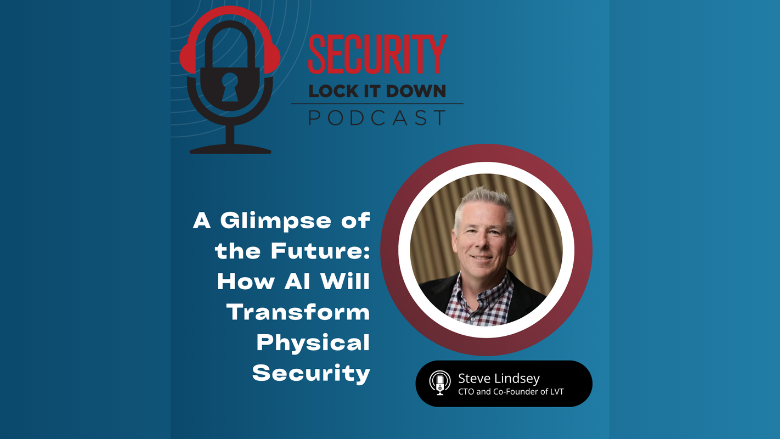
""Technology should be used as a force multiplier for these very scarce human resources - especially in physical security, because physical security isn't a revenue generator, it's typically a cost center - and so you put just enough money into it to minimize the liabilities that you have. So, if there's ever an industry that could leverage the power of AI and the force multiplying factors of AI, it is the security industry.""
""And it's really hard to program for every single one of those types of incidents. But when we think about the advancements that have been made in large language models, specifically around what's called vision language models (VLMs), the VLMs are able to transform what the camera sees into data, and it is able to do it in such a dynamic way that it really becomes a pair of eyes [to go along with] a figurative brain.""
AI should serve as a force multiplier for scarce human resources in physical security. Physical security typically operates as a cost center, so organizations invest only enough to minimize liabilities. Physical locations are dynamic and unpredictable, making exhaustive rule-based programming impractical. Advances in large language models and vision-language models (VLMs) allow cameras to convert visual input into structured, dynamic data. VLMs can function as eyes paired with a figurative brain to detect and interpret a wide range of incidents. Deploying AI can expand coverage, enhance detection accuracy, and compensate for limited staffing, improving risk reduction without proportional increases in personnel.
Read at Securitymagazine
Unable to calculate read time
Collection
[
|
...
]